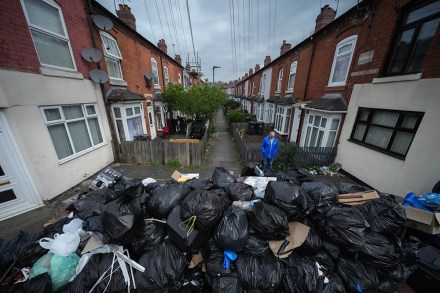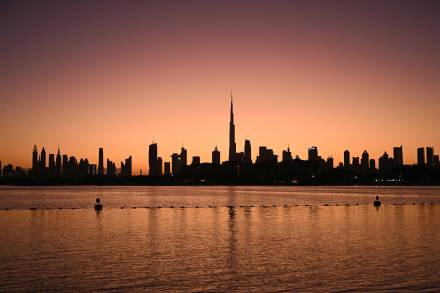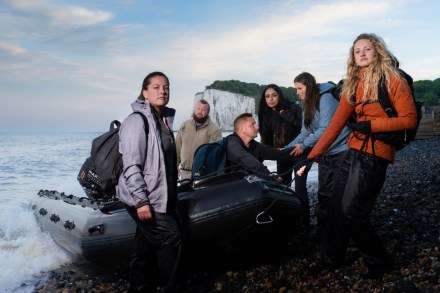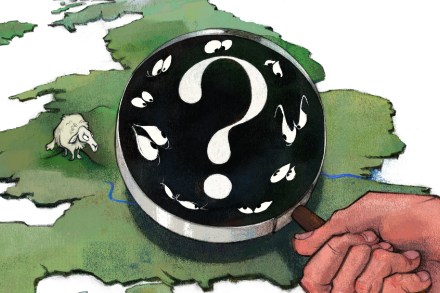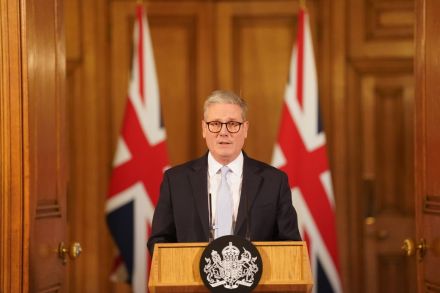The asylum hotel crisis will cost Labour
Yvette Cooper doesn’t do holidays, which is probably just as well since she is the minister who, this summer, holds Labour’s fate in her hands. During the Easter break, the Home Secretary, her husband Ed Balls and their adult children holidayed in Madrid. Cooper went every day to the British embassy to check emails and make secure phone calls to London. Balls tells a story about a camper van trip to New England in 2015, when Cooper was running for the Labour leadership. ‘After a few early mornings spent sailing her into the middle of the lake near their campsite so she had enough signal to call her campaign team







